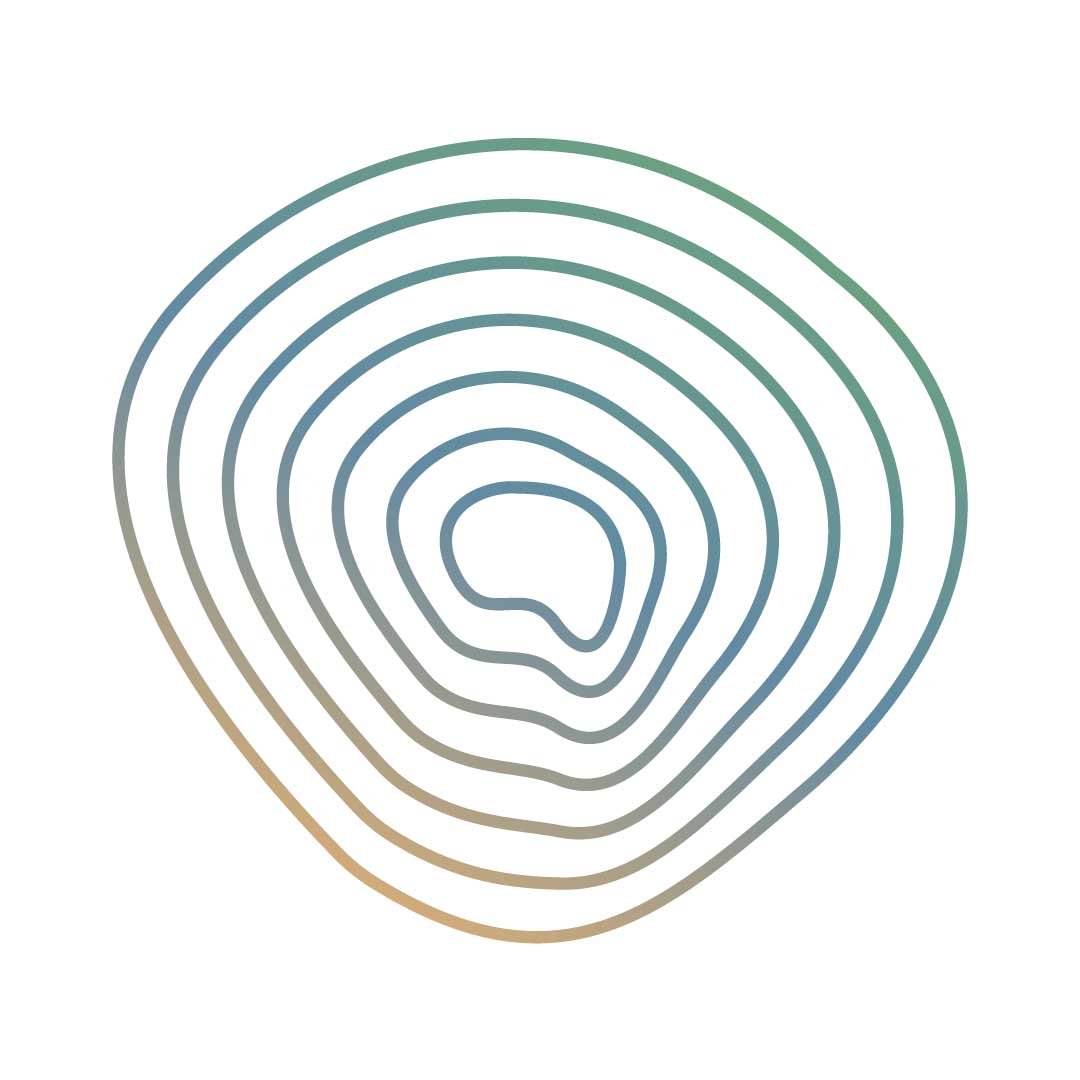True Comfort
If anybody were to ask you whether or not you would like to be ruler of your own self, you would undoubtedly reply in the affirmative.
Self-rule is connected with freedom. It’s connected with mastery of your destiny (i.e., choosing for what you are given and what you have). It’s connected with joy.
That’s why we have an intuitive attraction to the concept.
However, if somebody were to lay out the path towards self-rule — which some have also called self-realization — you might cower at what that entails.
Put simply: it entails the removal of everything and anything that rules over you besides your own self.
There are obvious examples like people and lines of work. Then there are less obvious examples like your habits and psychological tendencies. Finally, there are the subtlest examples like desire and preference.
If you choose the path of self-rule, you are choosing a noble path indeed. You simultaneously choose for one that entails the arduous and, at times, excruciating work of removal and letting go.
It is not easy to say goodbye to somebody who has been ruling over you. It is not easy to weed out all those habits that pull you outside of your self. And it is certainly not easy to chisel away at the fundamental notions of desire and preference.
Void of desire and preference, who do I become?
Quite literally: we become nothing, or no-thing.
However, by becoming nothing, we become everything. That’s the irony.
By becoming nothing, we then need nothing (to be ourselves). At that point, we can be trusted with everything because there is no risk of abuse of advantage.
Mostly we want to delay comfort, until the truest Comfort of them all arrives.
You’ll know it when it does.
